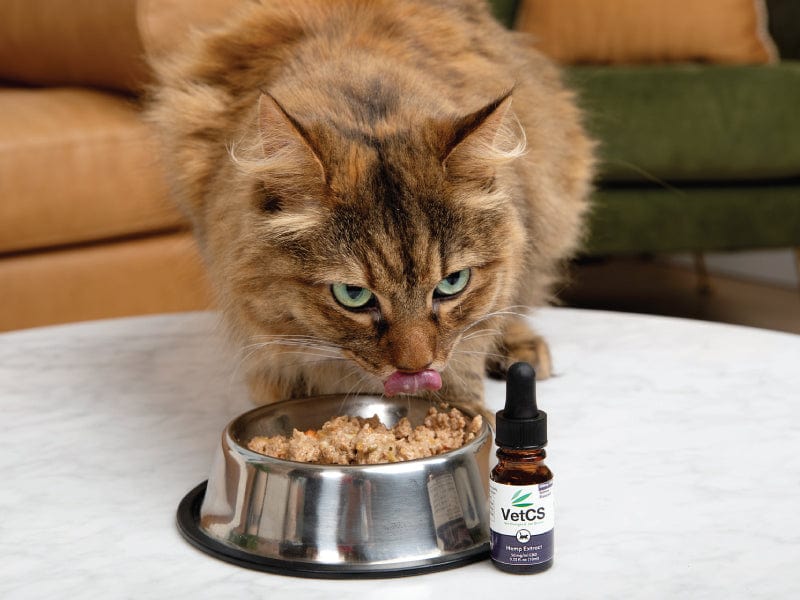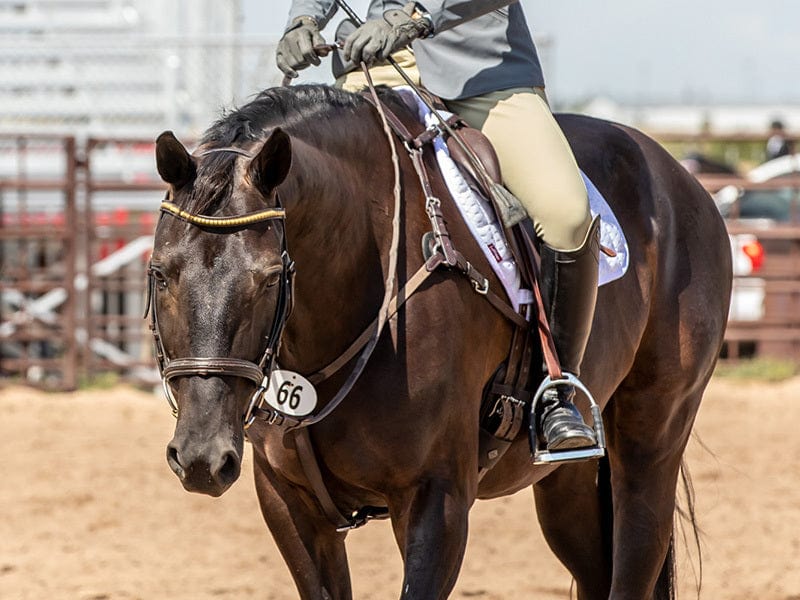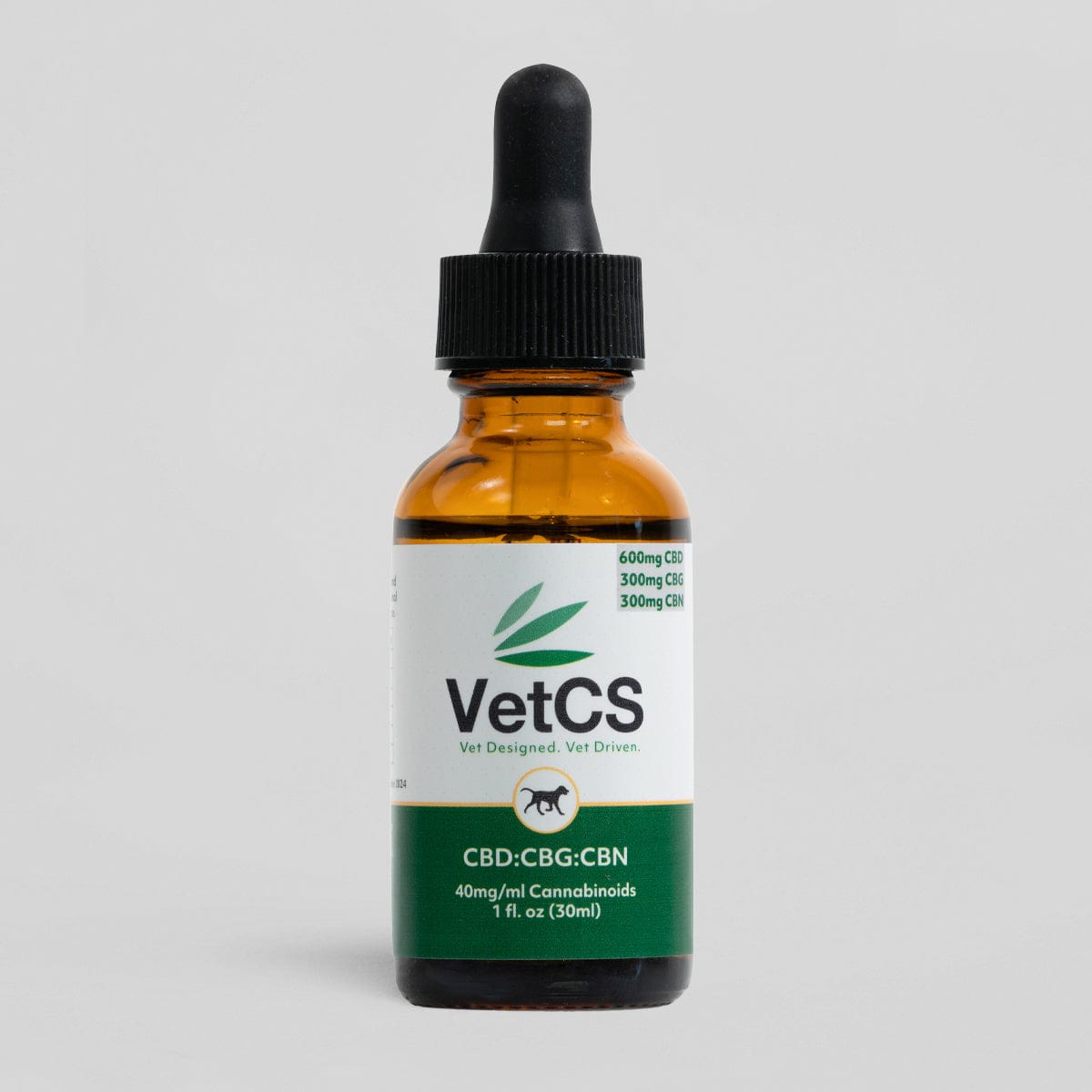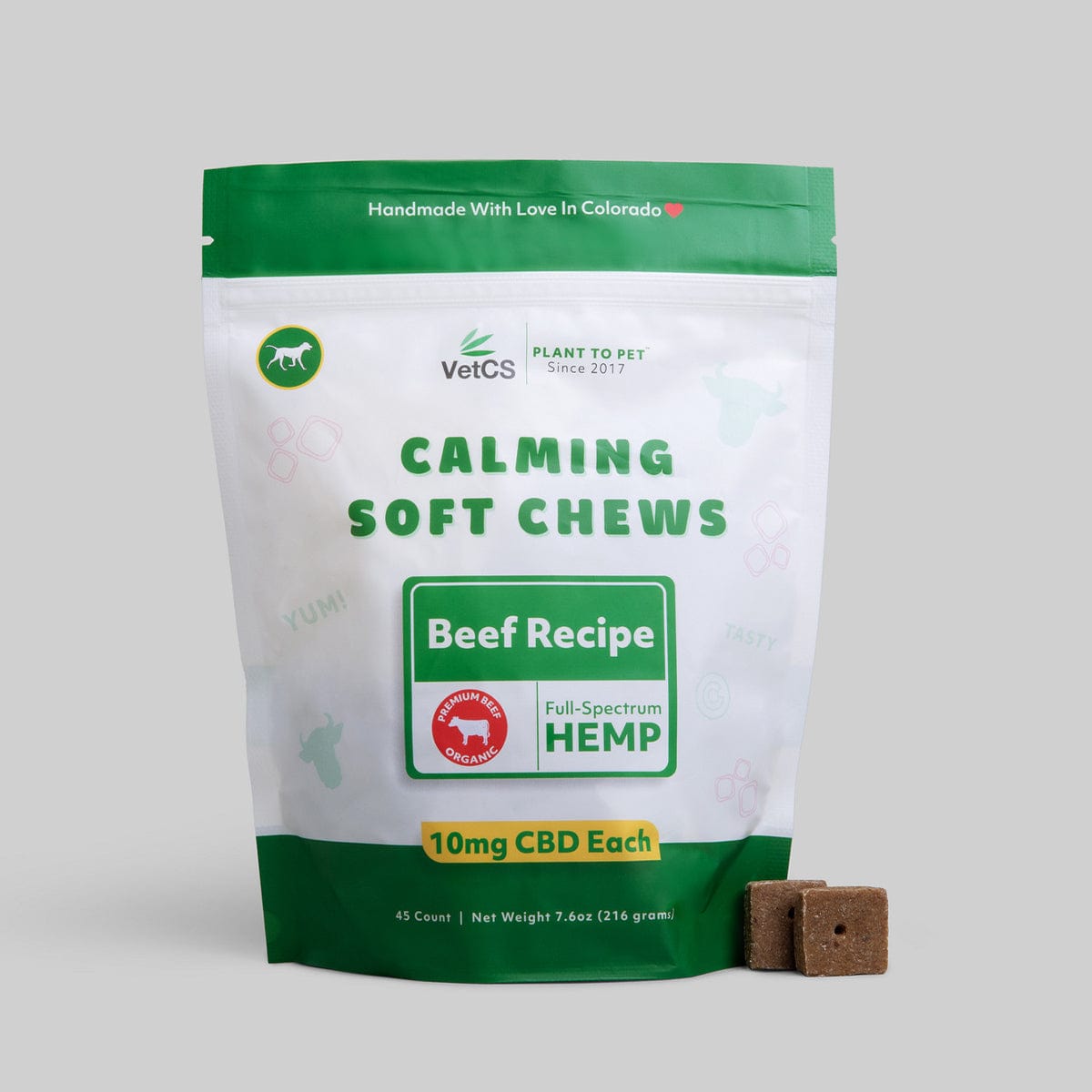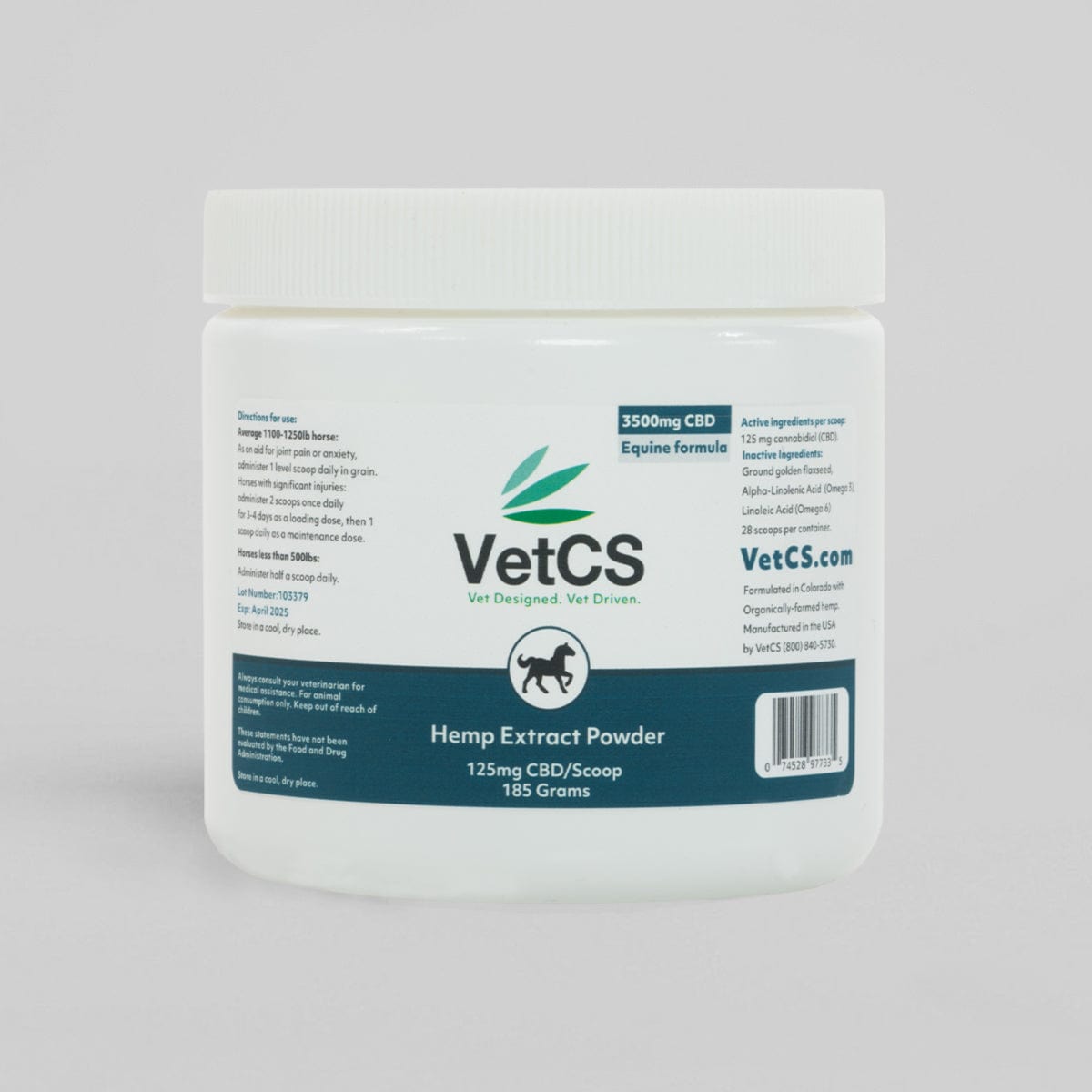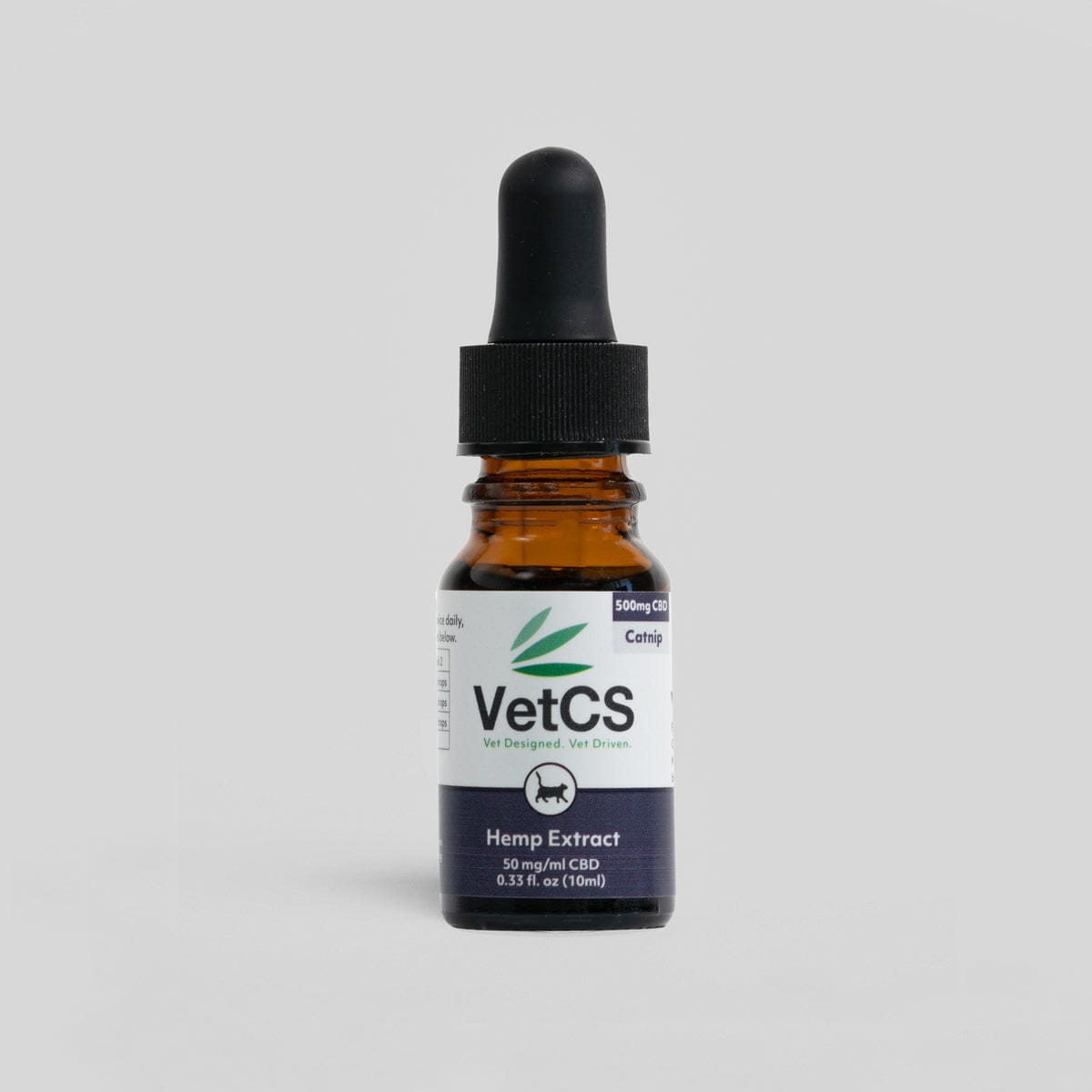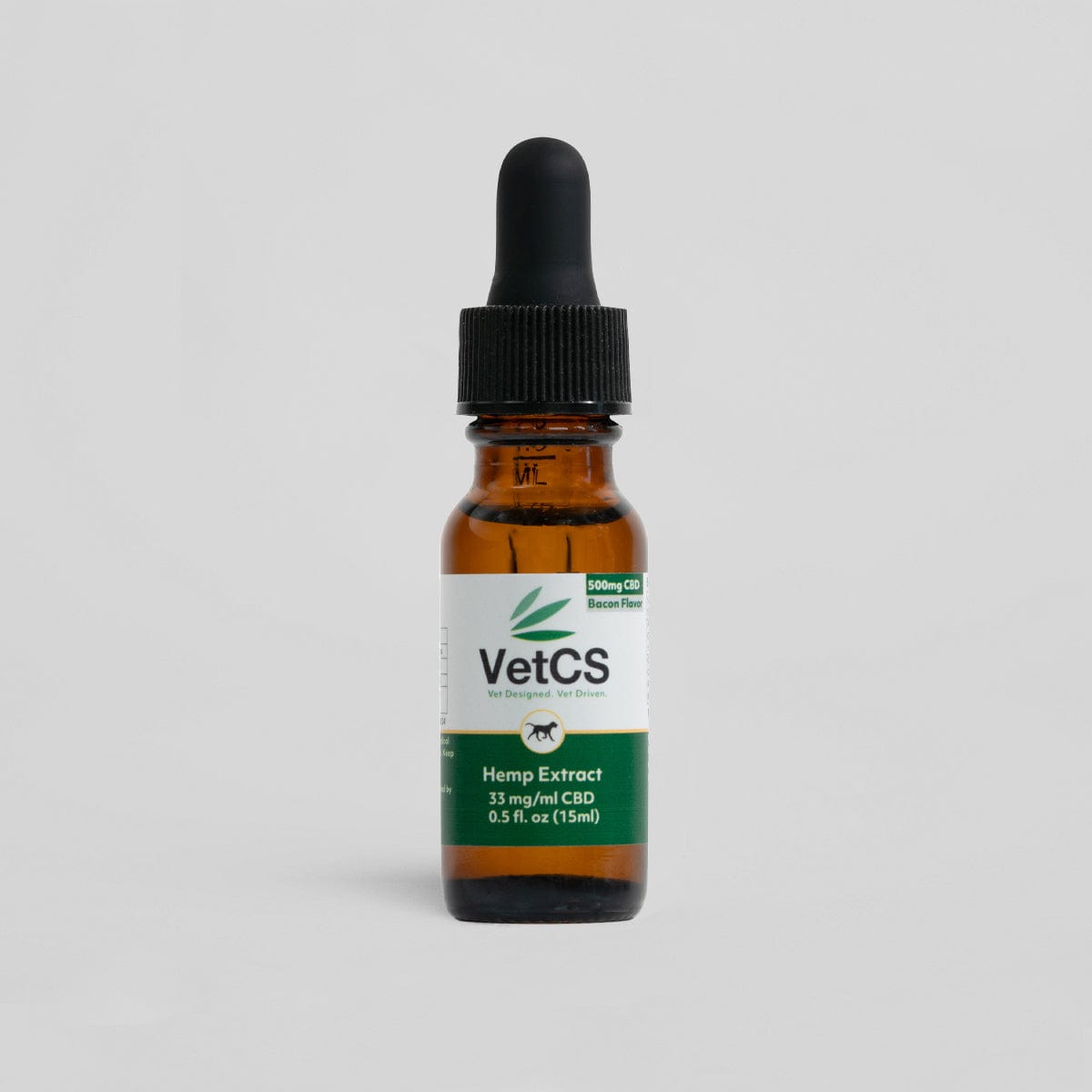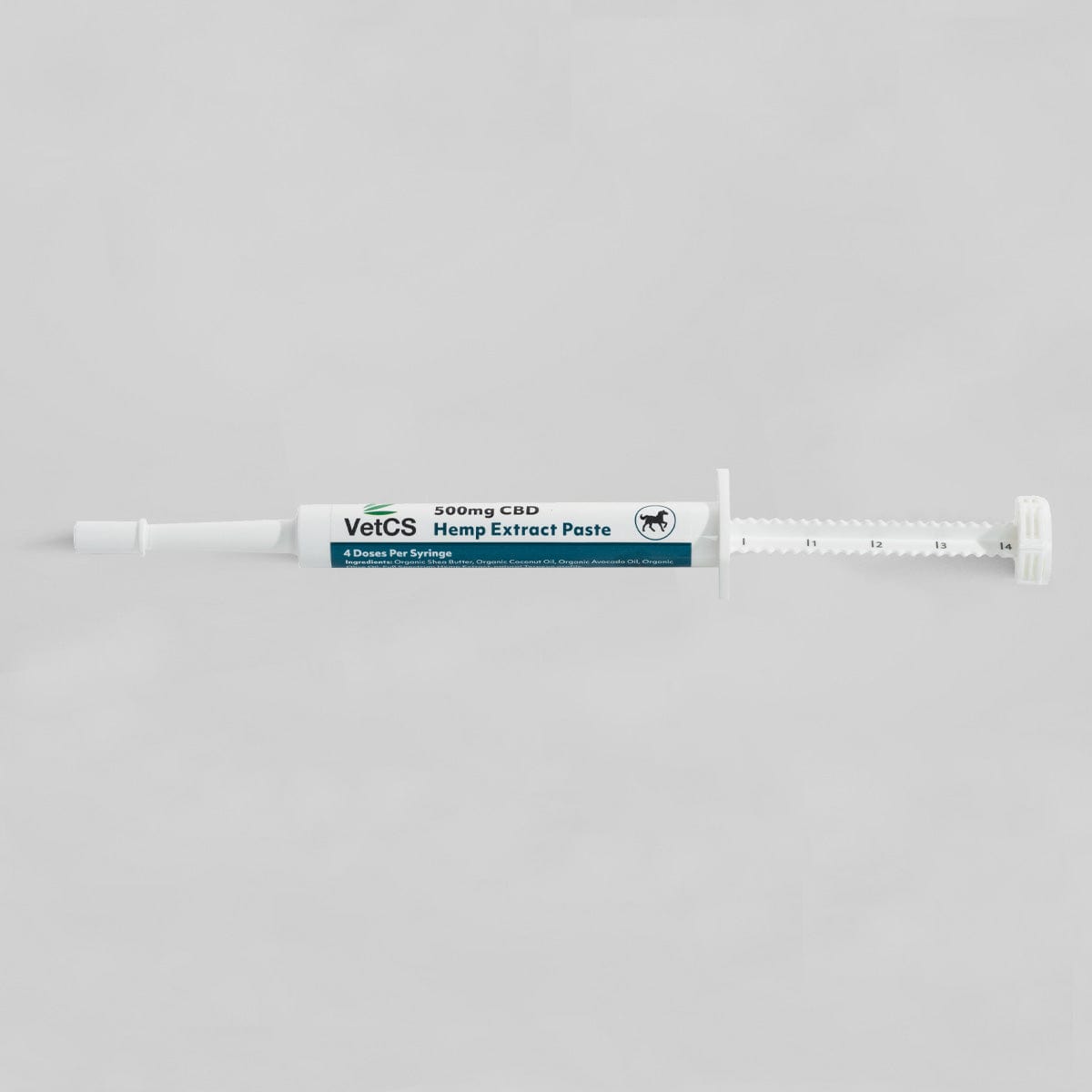
As horses age, understanding the factors that impact their health, lifespan, and overall wellness is essential for responsible horse owners. From breed-specific care to managing signs of aging, there are many ways to support your horse’s longevity. This guide explores the key factors affecting a horse’s lifespan, common health risks, and actionable tips for extending the lives of our equine companions. With a proactive approach to horse care, you can help your horse thrive at every life stage.
Common Causes of Death in Horses
-
Colic
Colic, or abdominal pain, is one of the leading causes of death in horses. This painful condition results from various causes, such as intestinal blockages, twisting, or gas buildup. Symptoms of colic include restlessness, pawing, and lying down repeatedly. Severe cases of colic may require emergency surgery, which is costly and often carries risks. Prompt detection and management are critical, as untreated colic can quickly turn fatal.
-
Laminitis
Laminitis is a painful hoof inflammation that can lead to euthanasia in severe cases. It occurs when the laminae tissues connecting the hoof wall to the bone become inflamed or damaged. Causes include excessive weight, rich pasture, or sudden diet changes. Managing diet and reducing stress can help prevent this debilitating condition and maintain hoof health.
-
Old Age
As horses grow older, they become more vulnerable to health issues like arthritis, weakened immune function, and metabolic diseases. Common signs of aging include graying hair, dental problems, weight loss, and decreased energy. While old age itself isn’t the direct cause of death, related health complications often impact the horse’s quality of life.
-
Respiratory Diseases
Respiratory issues, such as equine asthma (heaves) or respiratory infections, impact a horse’s breathing and overall health. Environmental factors, like dusty bedding or poorly ventilated stalls, can worsen these conditions. Chronic respiratory conditions can severely affect a horse’s well-being and may shorten lifespan if not managed effectively.
-
Injuries
Horses are prone to injuries, particularly in their legs, due to their size and anatomy. Leg fractures, ligament tears, or tendon injuries can often be challenging to treat. Severe injuries that impair mobility or cause significant pain frequently result in euthanasia.
-
Equine Infectious Diseases
Diseases like equine herpesvirus, West Nile virus, and equine encephalitis can be life-threatening for horses. These infectious diseases may spread through contact with other animals or insects, causing severe symptoms. Vaccinations and biosecurity measures are crucial to reducing the risk of infection.
-
Cancer
Tumors and cancers are common in aging horses, with melanomas being particularly prevalent in gray horses. These cancers can affect internal organs and, in severe cases, result in declining health and shortened lifespan. Regular vet exams can aid in early detection.
-
Heart Disease
While less common, heart disease can affect horses, especially as they age. Cardiac issues may not always be immediately visible but can lead to sudden events that are often fatal.
-
Neurological Disorders
Neurological conditions like equine protozoal myeloencephalitis (EPM) and West Nile virus impact coordination and mobility. Symptoms include difficulty moving, stumbling, and other motor issues. Early diagnosis and treatment can help manage symptoms but may not fully restore function.
Proper management, regular veterinary care, vaccinations, and prompt treatment of illnesses or injuries are essential in helping prevent or reduce these risks.

Factors Affecting Horse Lifespan
-
Genetics
Genetics play a critical role in determining a horse’s lifespan. Some breeds, such as Arabians, are naturally hardier and known for their longevity, while others may be predisposed to specific health conditions. Regular vet check-ups and tailored care for your horse’s breed can help maximize health.
-
Nutrition
A balanced diet with appropriate forage, grains, and supplements tailored to the horse’s age and activity level is essential. Malnutrition or obesity from an imbalanced diet can lead to metabolic disorders, colic, or other issues that impact lifespan. Consulting with a vet or equine nutritionist can ensure optimal diet plans.
-
Exercise
Regular exercise helps maintain healthy weight, muscle tone, and joint function. A well-planned exercise regimen can prevent obesity and maintain cardiovascular health. However, over-exercise or inadequate exercise can lead to wear and injury. Tailor your horse’s exercise routine to its age and physical condition.
-
Veterinary Care
Routine veterinary care is essential for early detection and prevention of health issues. Regular vaccinations, dental check-ups, and parasite control can significantly impact a horse's longevity and quality of life. Establish a strong vet relationship and create a schedule for routine check-ups.
-
Environment
A clean, safe, and stress-free environment promotes both physical and mental well-being in horses. Proper shelter, clean water, and good ventilation are vital. Reducing stressful stimuli and providing social companionship also contribute to overall health and longevity.
-
Parasite Control
Parasites can cause digestive issues, weight loss, and anemia, affecting a horse’s lifespan. Regular deworming and fecal egg count tests help prevent health complications and ensure the effectiveness of parasite control strategies.
-
Stress Levels
Horses are sensitive animals, and chronic stress from poor handling, lack of companionship, or inadequate shelter can negatively impact health. Minimize stress by providing a consistent routine, gentle handling, and social interaction with other horses.
Addressing these factors can help your horse reach the upper range of its expected lifespan, improving both longevity and quality of life.
Horse Lifespan by Breed
-
Arabian
Arabian horses are known for their endurance and resilience, typically living 25-30 years or more with proper care.
-
Quarter Horse
Quarter Horses, a hardy and popular breed, usually live 25-30 years. They have relatively few genetic health issues, contributing to their longevity.
-
Thoroughbred
Known for their racing abilities, Thoroughbreds often have a lifespan of 20-25 years. The physical demands of racing can sometimes lead to shorter lifespans, but with good care, they can enjoy a healthy post-racing life.
-
Morgan
Morgans are versatile and durable, often living 25-30 years or more. They are known for being generally healthy with minimal genetic issues.
-
Draft Breeds (e.g., Clydesdale, Shire)
Larger breeds, like Clydesdales and Shires, typically have shorter lifespans around 15-20 years due to the increased strain on their joints and organs.
-
Pony Breeds (e.g., Shetland, Welsh)
Ponies generally live longer than larger breeds, often reaching 30-40 years. With attentive care, many ponies enjoy long, healthy lives.
The lifespan of a horse varies based on breed, genetics, and care. Providing a balanced diet, regular exercise, and veterinary care helps horses reach their full potential.
Improving Horse Lifespan
-
Provide Proper Nutrition
Feeding a balanced diet of high-quality forage, grains, and supplements supports health and longevity. An appropriate diet tailored to a horse’s needs ensures they get the nutrients necessary to maintain a healthy body and avoid diet-related health issues.
-
Ensure Regular Exercise
Physical activity is crucial for maintaining a healthy weight, joint mobility, and cardiovascular health. A consistent exercise routine suited to the horse’s age and physical condition improves overall health and helps prevent health issues caused by inactivity.
-
Routine Veterinary Care
Regular vet visits for vaccinations, dental care, and parasite control are essential for catching health issues early. Preventive care can address potential issues before they become serious, helping extend lifespan.
-
Maintain Hoof Care
Routine hoof care, including trimming and, if needed, shoeing, is crucial for preventing lameness and mobility issues. Good hoof care helps support a horse’s weight and contributes to long-term joint and muscle health.
-
Reduce Stress
A stable, safe environment with companionship helps reduce stress, which has positive effects on a horse’s physical and mental health. Horses are social animals, and reducing stressors improves their quality of life.
-
Provide Mental Stimulation
Engaging activities like toys, training exercises, and social interaction prevent boredom and enhance well-being. Providing mental stimulation keeps horses mentally sharp and can prevent behavioral issues associated with boredom.
Implementing these practices can help ensure a longer, healthier life with a higher quality of well-being for your horse.
Caring for a horse is a lifelong commitment that brings both rewards and challenges. By understanding the factors that influence horse health and lifespan, providing preventive care, and fostering a safe, enriching environment, you can profoundly impact your horse's quality of life. A well-cared-for horse enjoys a longer, happier life alongside you.





